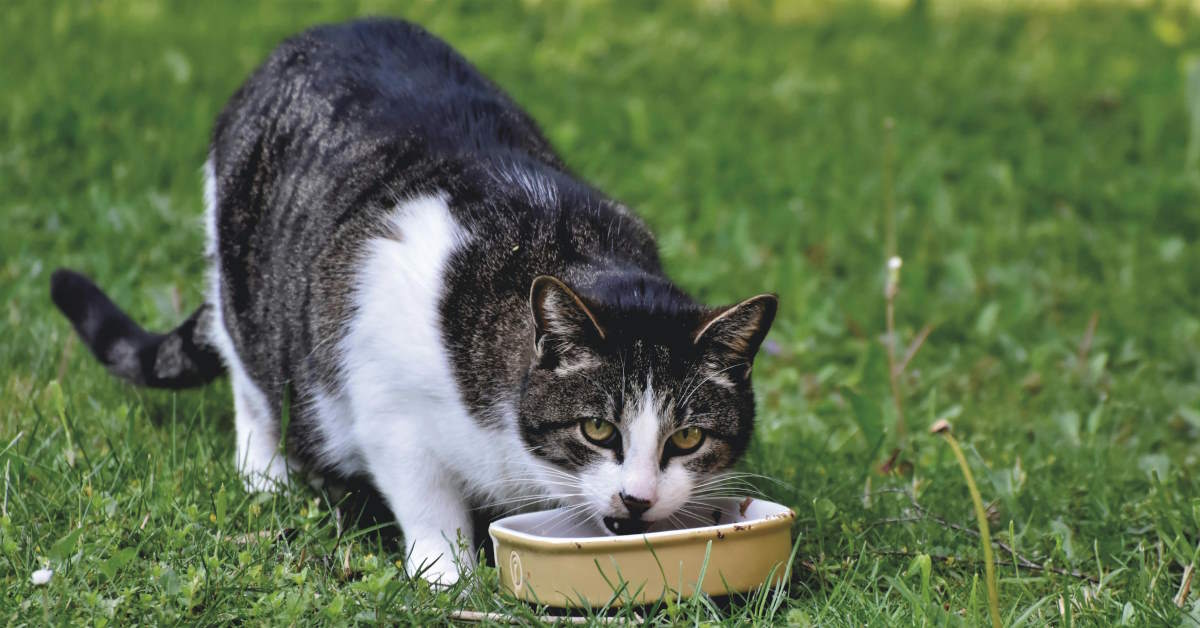How To Choose The Right Cat Food?

If you've ever stood in the pet food aisle, perplexed by the myriad options available, you're not alone. Selecting the best tuna cat food for your feline companion can be overwhelming, but fear not! We're here to guide you through the process!
Vet-Approved Tips for Choosing the Best Cat Food
1. Understand Your Cat's Unique Needs
Just like us, cats have individual preferences and nutritional requirements. Start by considering your cat's age, weight, health condition, and dietary needs. A visit to the vet can provide valuable insights into your cat's well-being and nutritional requirements.
2. Choose Good-Quality Cat Food
 Commercial pet food has gotten a bad reputation over time, but not all are unhealthy. Dr. Basko, a leading authority on holistic animal health says that commercial cat food contains too many carbohydrates and addicting substances. But you can choose healthy commercial canned cat foods like Purr Delight. Made primarily from real tuna, red meat, and moringa, it boosts your pet’s energy levels and immune system.
Commercial pet food has gotten a bad reputation over time, but not all are unhealthy. Dr. Basko, a leading authority on holistic animal health says that commercial cat food contains too many carbohydrates and addicting substances. But you can choose healthy commercial canned cat foods like Purr Delight. Made primarily from real tuna, red meat, and moringa, it boosts your pet’s energy levels and immune system.

Source: Cornell Feline Health Center
Choose Pet Food With Good Carbs
Carbohydrates are not necessarily the enemy in your cat’s diet. They may even have a good effect on their health, depending on the type of carbs. Research from the Journal of Feline Medicine and Surgery (https://journals.sagepub.com/doi/full/10.1177/1098612X221090389) shows that while cats are carnivores, some carbohydrates, like those found in grains, can be good energy and dietary fiber sources. Another study from the Journal of Animal Science revealed that cassava and sweet potato diets have positive effects on the blood glucose, blood lipids, and gut health of cats.
3. Consider Therapeutic Diets For Special Needs
Vets recommend therapeutic diets to fit your cat’s nutritional needs. If your cat has specific health concerns, such as kidney issues, diabetes, or allergies, a therapeutic diet may be the best cat food for them. These specialized foods are designed to manage various nutrient-sensitive disorders and can contribute to improved quality of life.
4. Avoid Giving Too Many Treats

Are you wondering why your pets are fussy eaters? Maybe you’re feeding them too many treats! VCA Animal Hospital (https://vcahospitals.com/know-your-pet/cat-treats) emphasizes that too many treats can disrupt your pet’s nutritional balance. Treats are not harmful to your pet, but the Cornell Feline Health Center recommends that they shouldn’t exceed 10-15% of your cat’s daily caloric intake.
5. Consult Your Vet For Homemade Diets
Homemade diets can be an option for those who prefer a hands-on approach. However, it's crucial to consult your vet and ensure the diet is nutritionally complete. Homemade diets require careful attention to avoid nutritional imbalances and deficiencies.
6. Watch For Quality Control
Whether you choose commercial or homemade, quality control is key. Commercial diets are subject to stringent testing and regulations, offering a level of safety and nutritional consistency. Homemade diets, on the other hand, require extra attention to ensure they meet your cat's nutritional needs.
7. Listen To Your Cat
Finally, observe your cat's response to the chosen food. If your cat enjoys the meals, maintains a healthy weight, and has a glossy coat, you're on the right track. Pay attention to any signs of allergies, sensitivities, or changes in behavior that may indicate a need for adjustments.
Choose The Best Cat Food
Choosing the best special cat food is a manageable task with the right information. Tailor your choice to your cat's unique needs, consider commercial and therapeutic options, and remember to enjoy the process of finding the perfect food for your feline friend. A well-fed cat is a happy cat!

